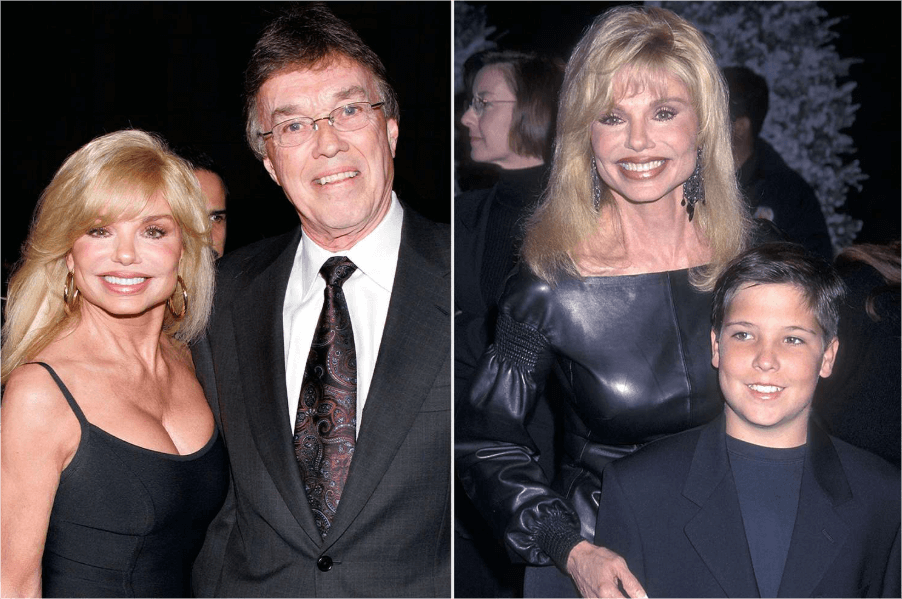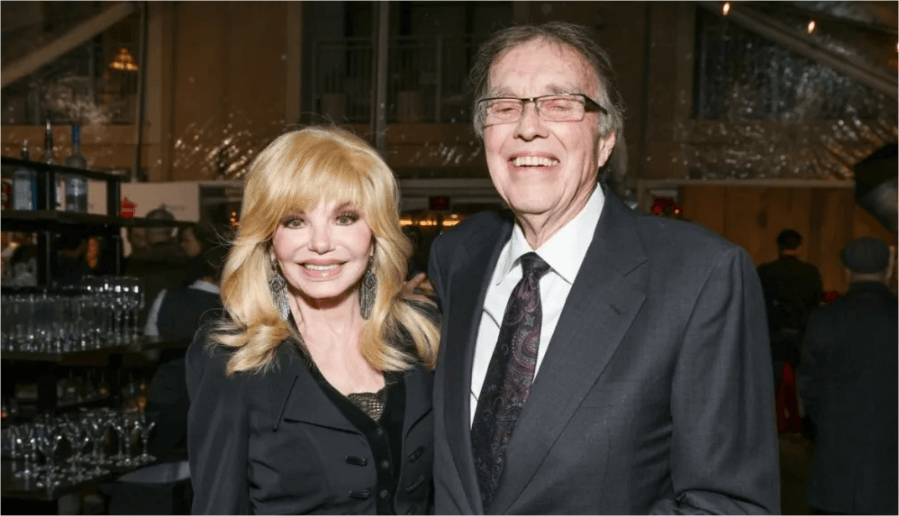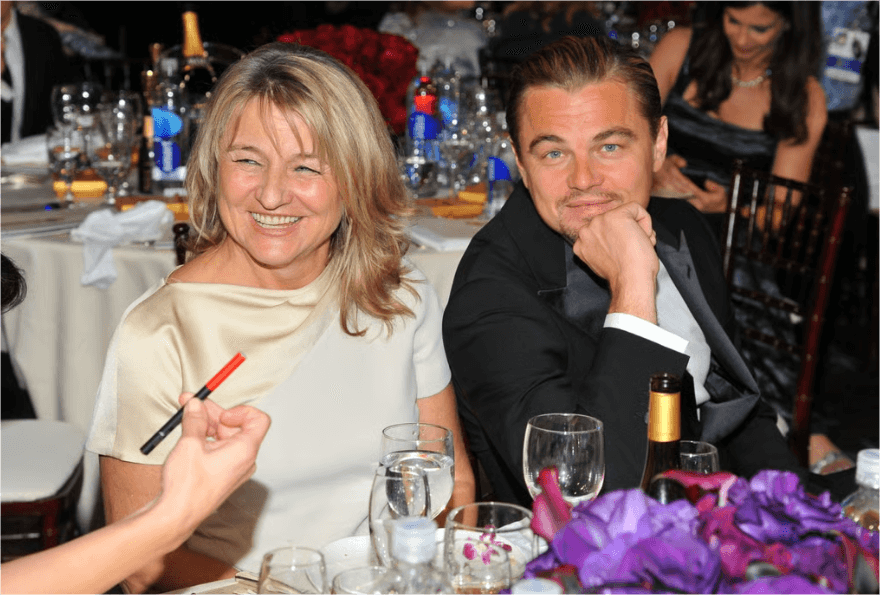📑Table of Contents:

When people hear the name Bob Flick, they often think of music, passion, and timeless folk tunes. As a founding member of The Brothers Four, Bob made his mark in the American folk music scene. Yet his story extends beyond the stage. He is also known for his personal life, including his marriage to actress Loni Anderson, which brought even more public attention.
Bob Flick’s journey shows how art and personal life can intertwine. From early days as a college student forming a band to becoming part of a cultural wave, his legacy carries both charm and depth. Fans still remember his smooth harmonies and quiet charisma. Let’s take a closer look at his life, music, and influence.
Early Life and Musical Beginnings
Bob Flick was born in the United States and grew up during a time when folk music held cultural power. The 1950s and 60s were periods of transformation. Young people searched for music that reflected their values, and folk provided a voice for that change.
During college at the University of Washington, Bob and his friends Mike Kirkland, John Paine, and Dick Foley formed a singing group. That group became The Brothers Four, named to reflect their unity. They quickly gained recognition for their harmonies and acoustic style.
The Brothers Four and Folk Fame
The Brothers Four rose to fame during the American folk revival. Their clean sound and heartfelt delivery attracted wide audiences. Songs like Greenfields and Try to Remember became folk classics. Bob Flick’s bass vocals anchored their harmonies and gave the group a rich, memorable tone.
With their music, the group found mainstream success. They appeared on television, performed across the country, and built an enduring fan base. At a time when rock and roll was dominating, The Brothers Four kept folk alive. Bob Flick’s dedication helped sustain their presence for decades.
Bob Flick’s Distinct Role
In a group of four, each member matters. Bob Flick stood out for his bass voice and steady stage presence. While some singers sought the spotlight, Bob offered grounding energy. His contribution shaped the band’s identity.
Beyond singing, he also played a role in the group’s arrangements and business decisions. This balance of art and management ensured the band’s longevity. Many fans may not realize the significant contribution his behind-the-scenes work made to their success.
Marriage to Loni Anderson
Outside of music, Bob Flick gained more attention when he married actress Loni Anderson in 2008. Loni, known for her role in WKRP in Cincinnati, brought Hollywood glamour into his life. Their relationship became a subject of media buzz, especially since she was once married to actor Burt Reynolds.
Despite public curiosity, Bob and Loni’s marriage has remained steady. They prefer a private lifestyle, opting to focus on family and personal happiness rather than being constantly in the headlines. Their bond shows that celebrity relationships can thrive with balance and privacy.
Legacy of Folk Music
Folk music shaped American culture. Bob Flick’s work with The Brothers Four kept traditions alive while connecting them to modern audiences. Songs carried messages of love, loss, and hope. Even today, listeners find comfort in those melodies.
As music evolves, fans continue to appreciate authenticity. Folk represents simplicity and truth, and Bob embodied those qualities. His legacy is not only in the songs but in the way he stayed true to the art form.
Bob Flick’s Life Today
Bob Flick continues to value music, family, and privacy. While he does not seek constant media attention, fans still recognize his influence. His story is not about chasing fame but about creating something lasting. That approach has kept him respected across generations.
Why His Story Matters
Bob Flick represents more than a successful musician. He shows the importance of teamwork, dedication, and staying grounded. In a world that often values quick fame, his path reminds us that true success lasts when built on passion and persistence.
His marriage to Loni Anderson adds another layer to his story, blending music and Hollywood. Together, they represent two cultural worlds, yet they have managed to keep their lives balanced and strong.

Conclusion
Bob Flick’s name may not dominate every headline, but his impact is undeniable. From shaping folk music with The Brothers Four to living a grounded personal life, he has built a legacy that blends art, love, and authenticity. Fans who still listen to folk classics know his voice, and those who admire stable Hollywood partnerships respect his marriage.
In the end, Bob Flick proves that success is not always about loud fame. Sometimes, it is about harmony, both in music and in life.





